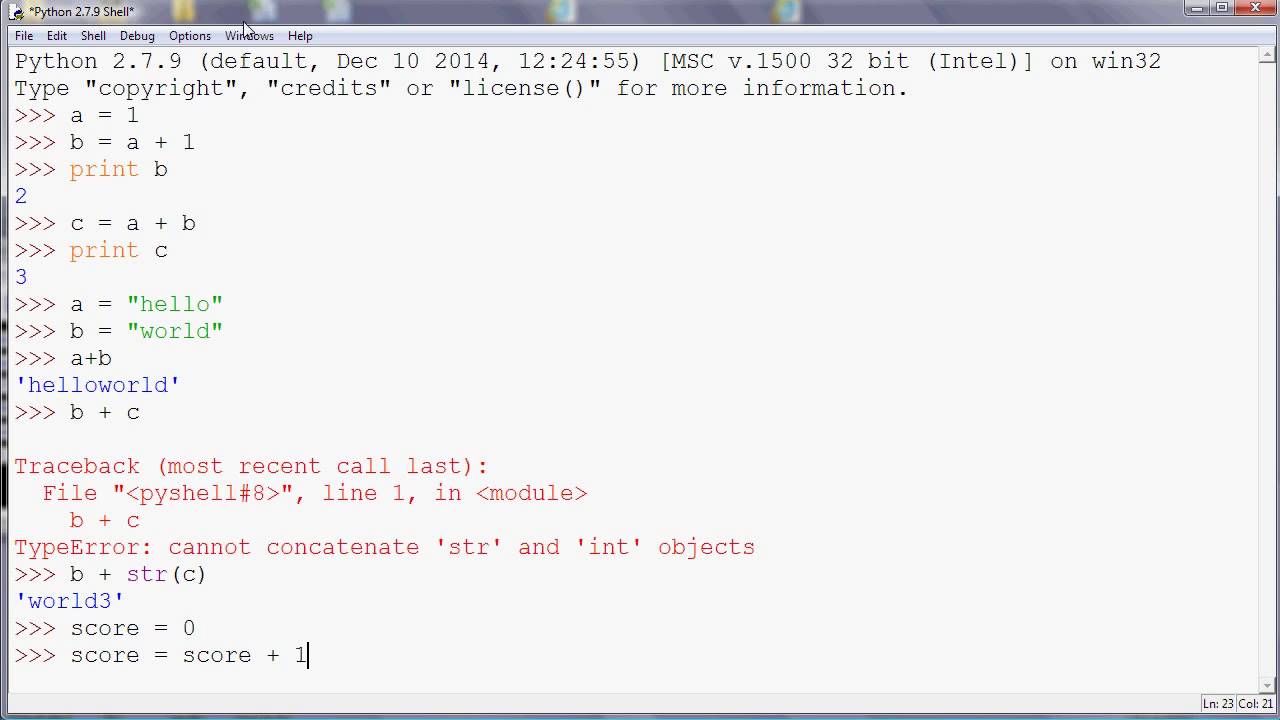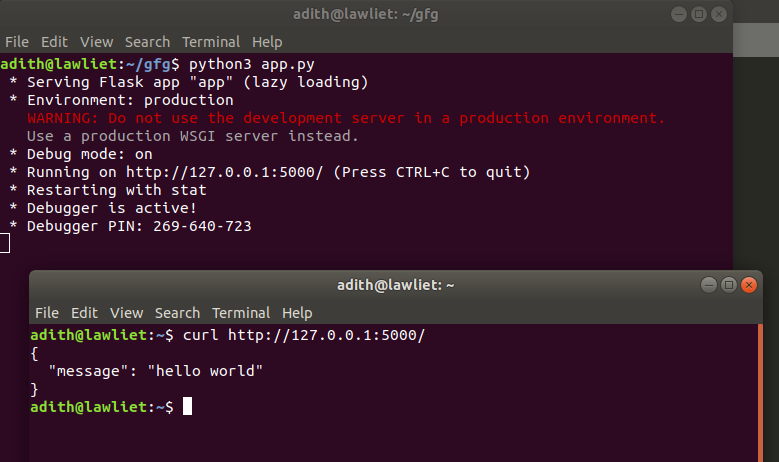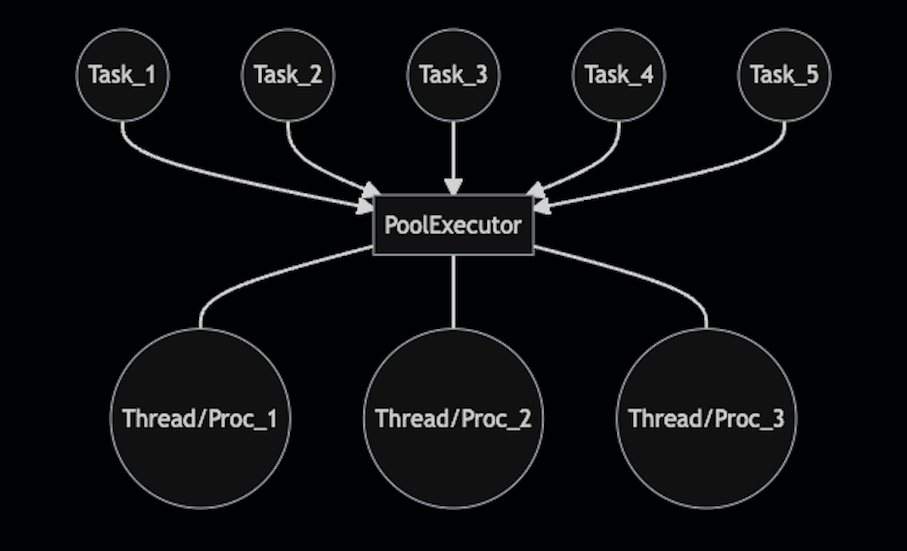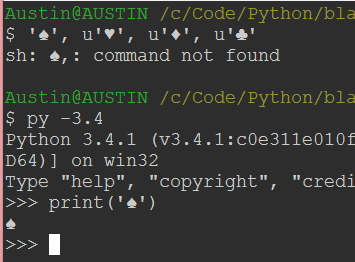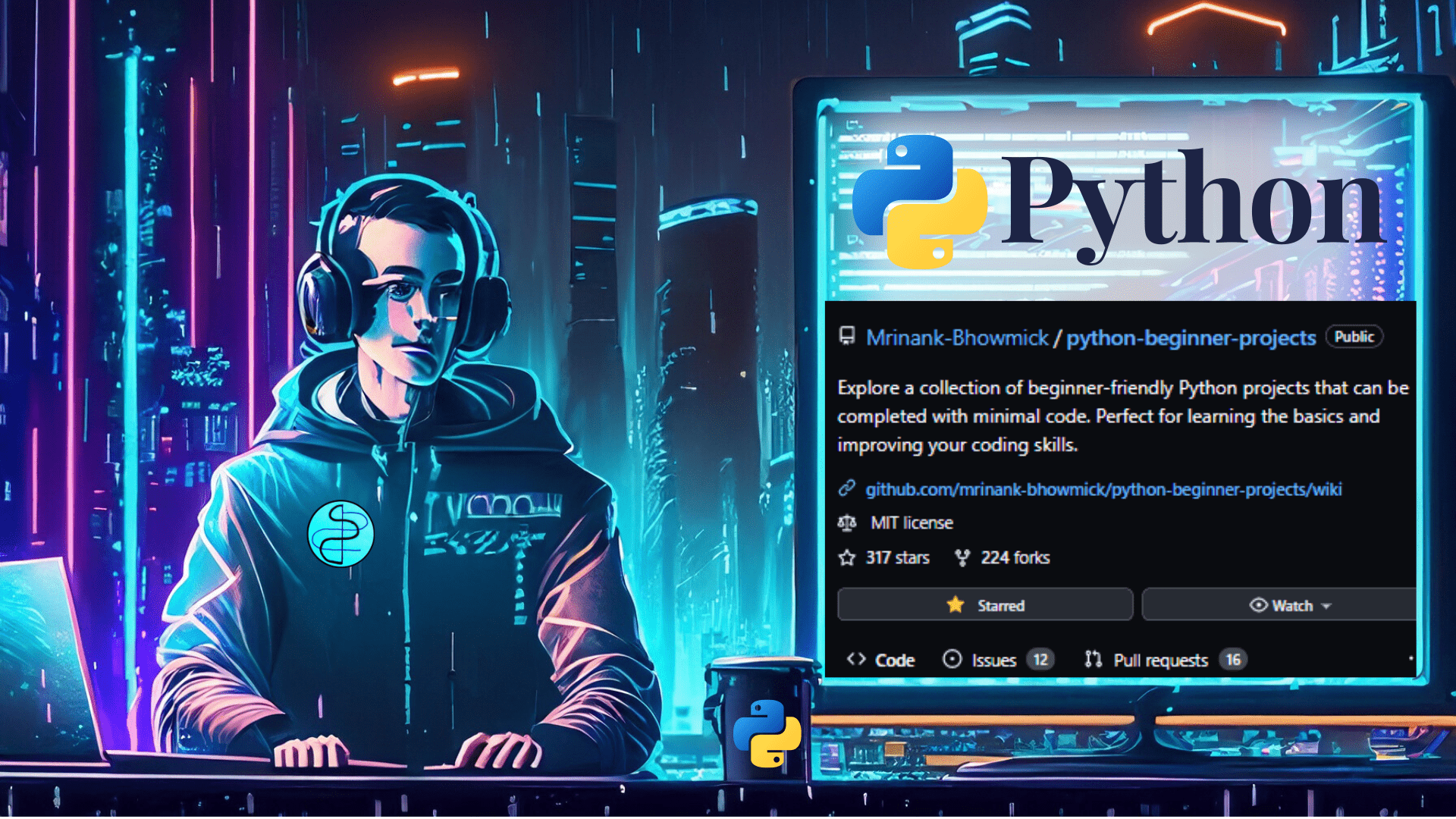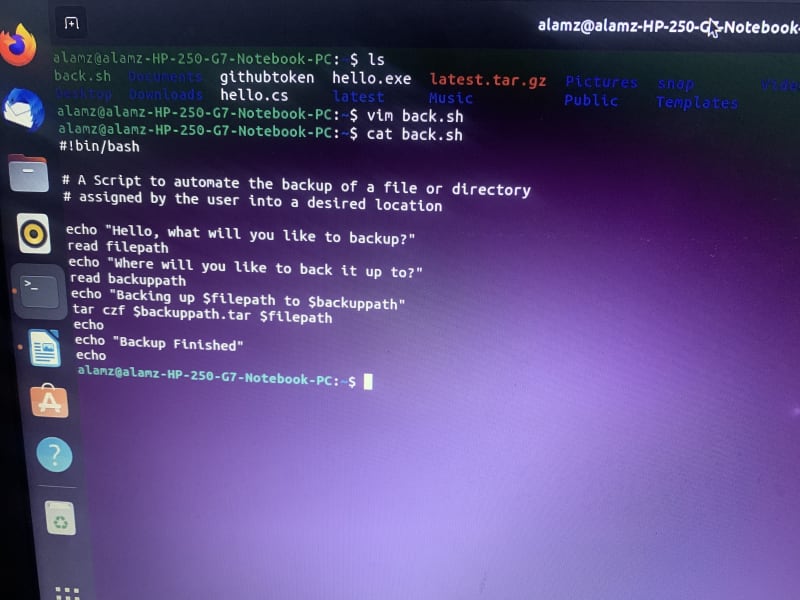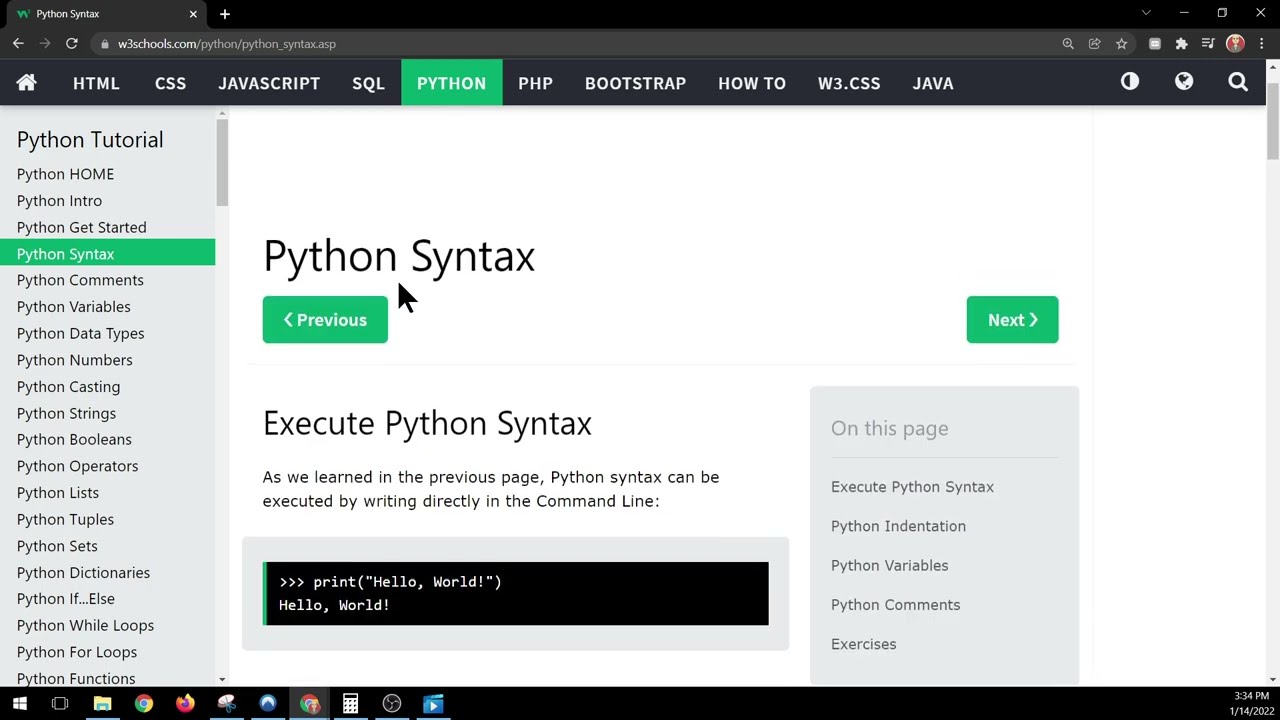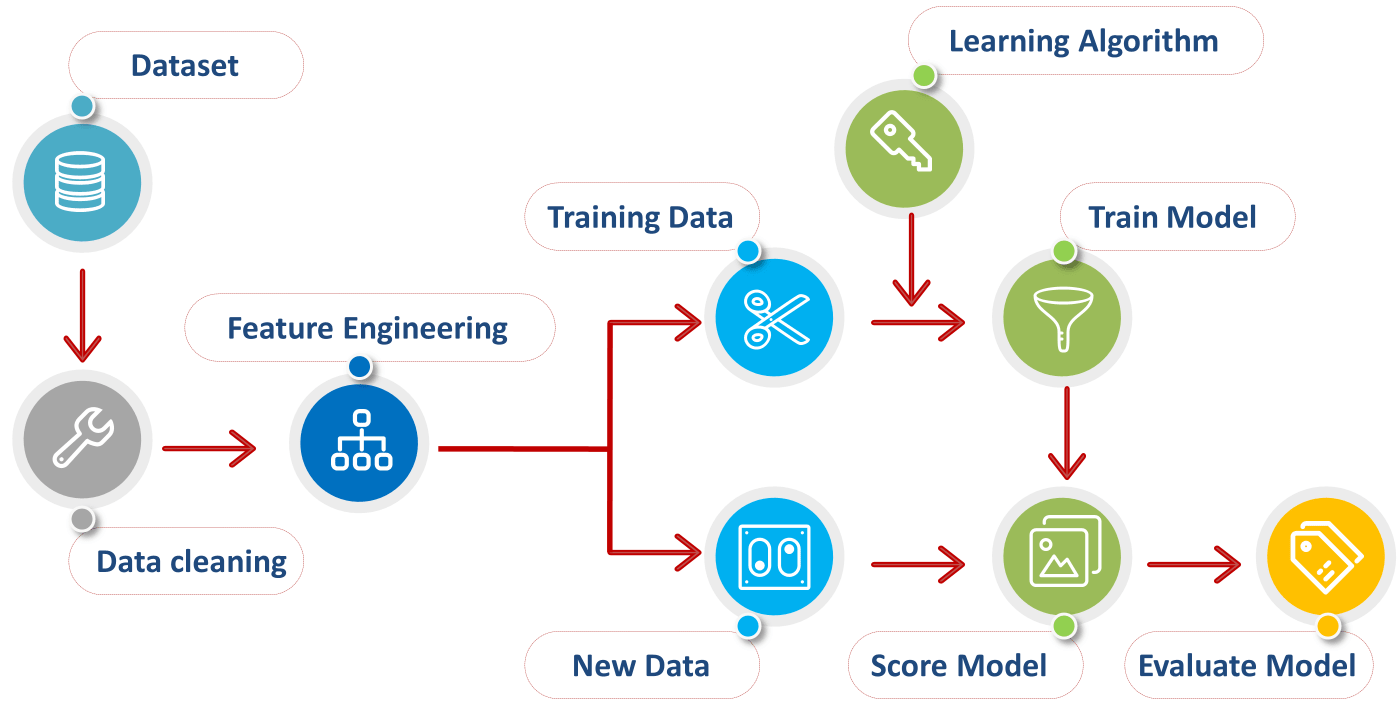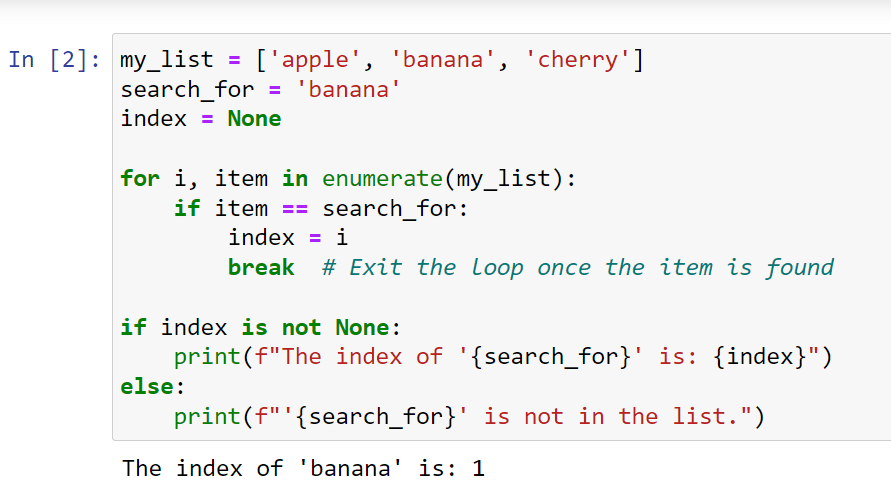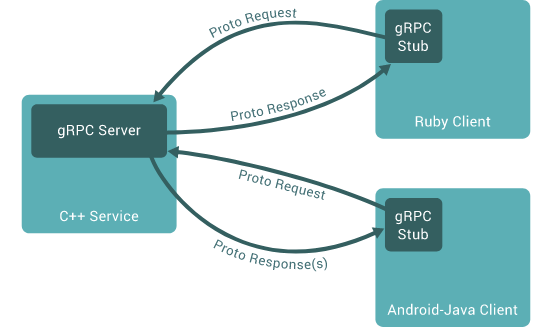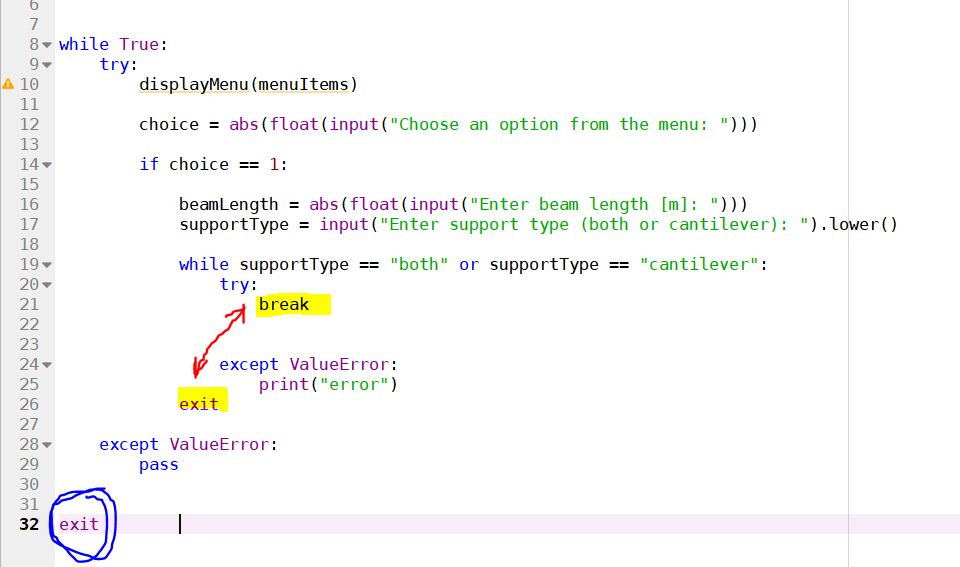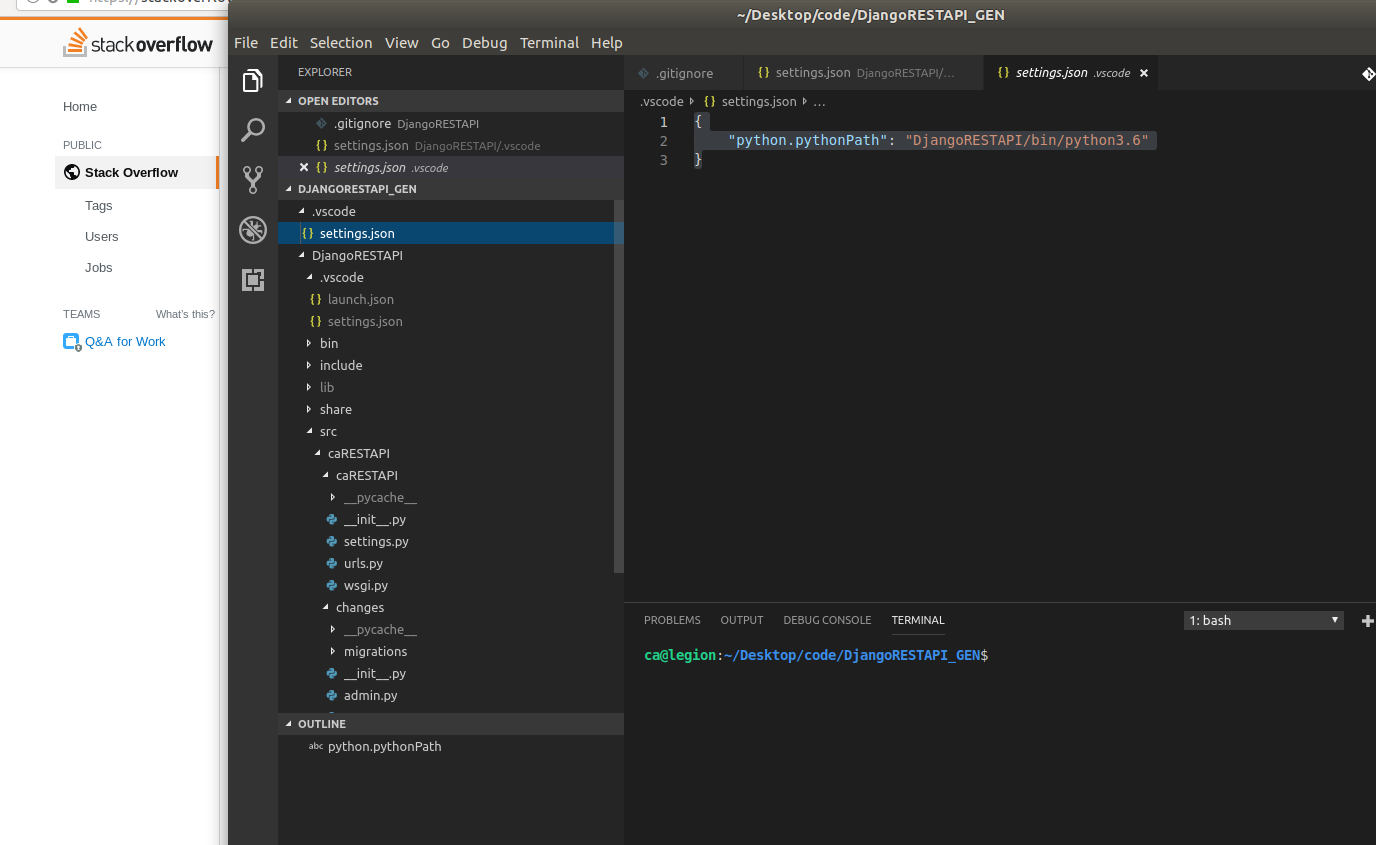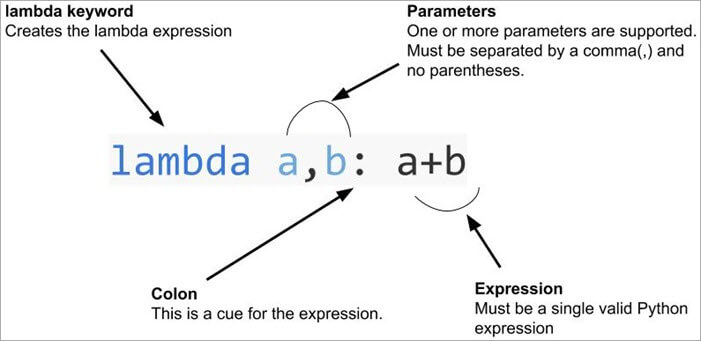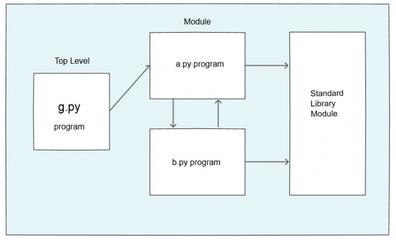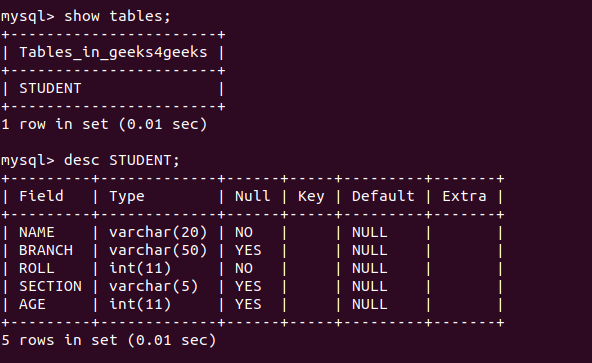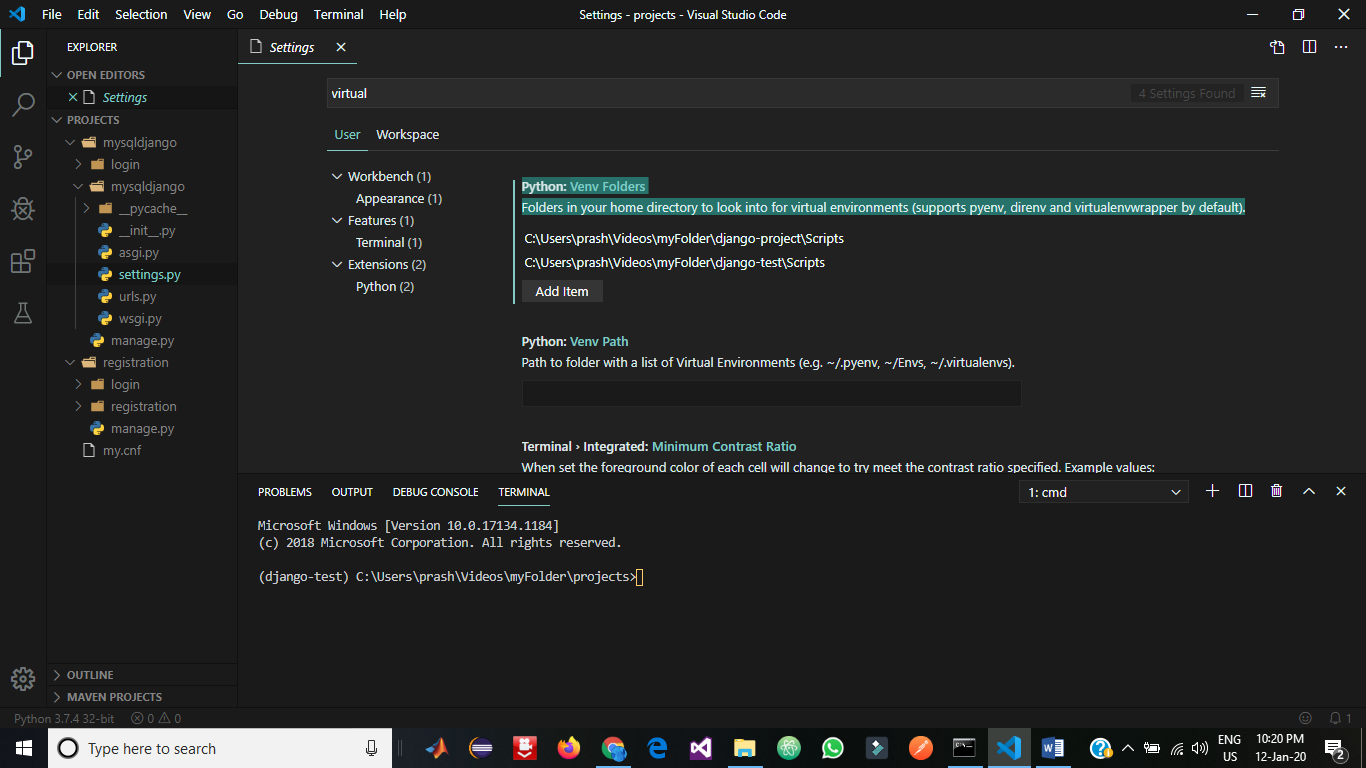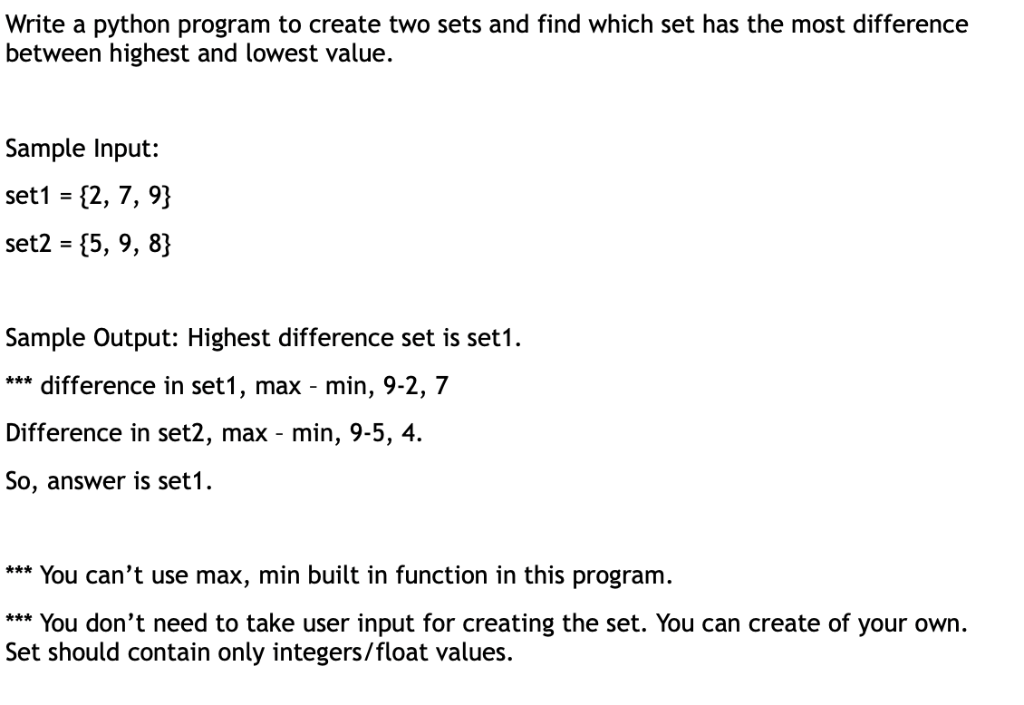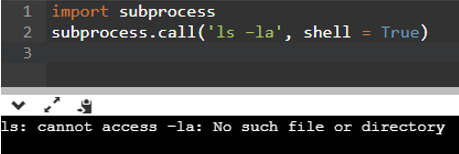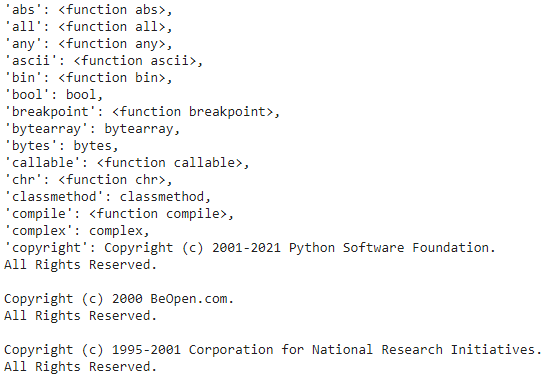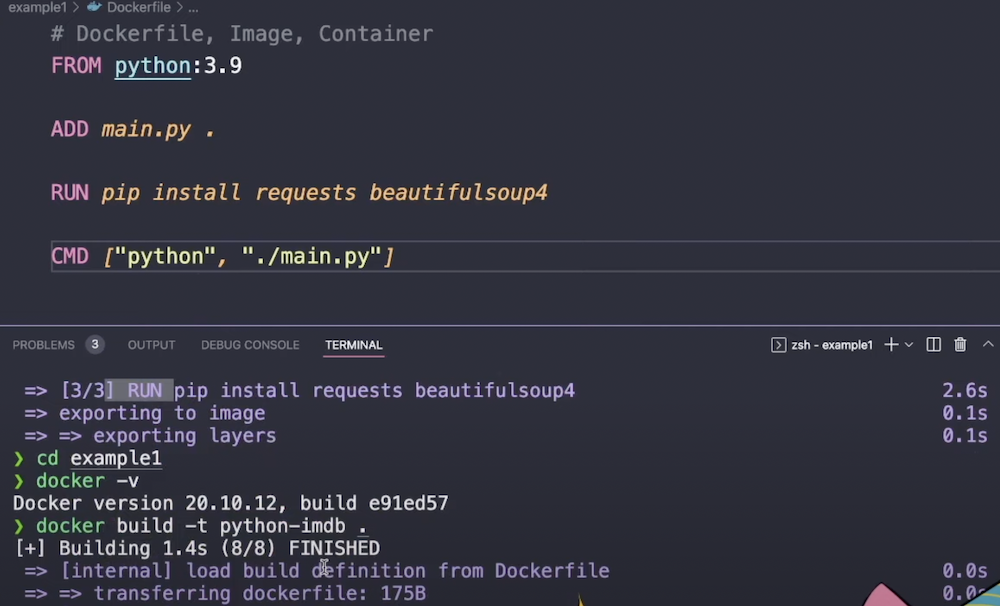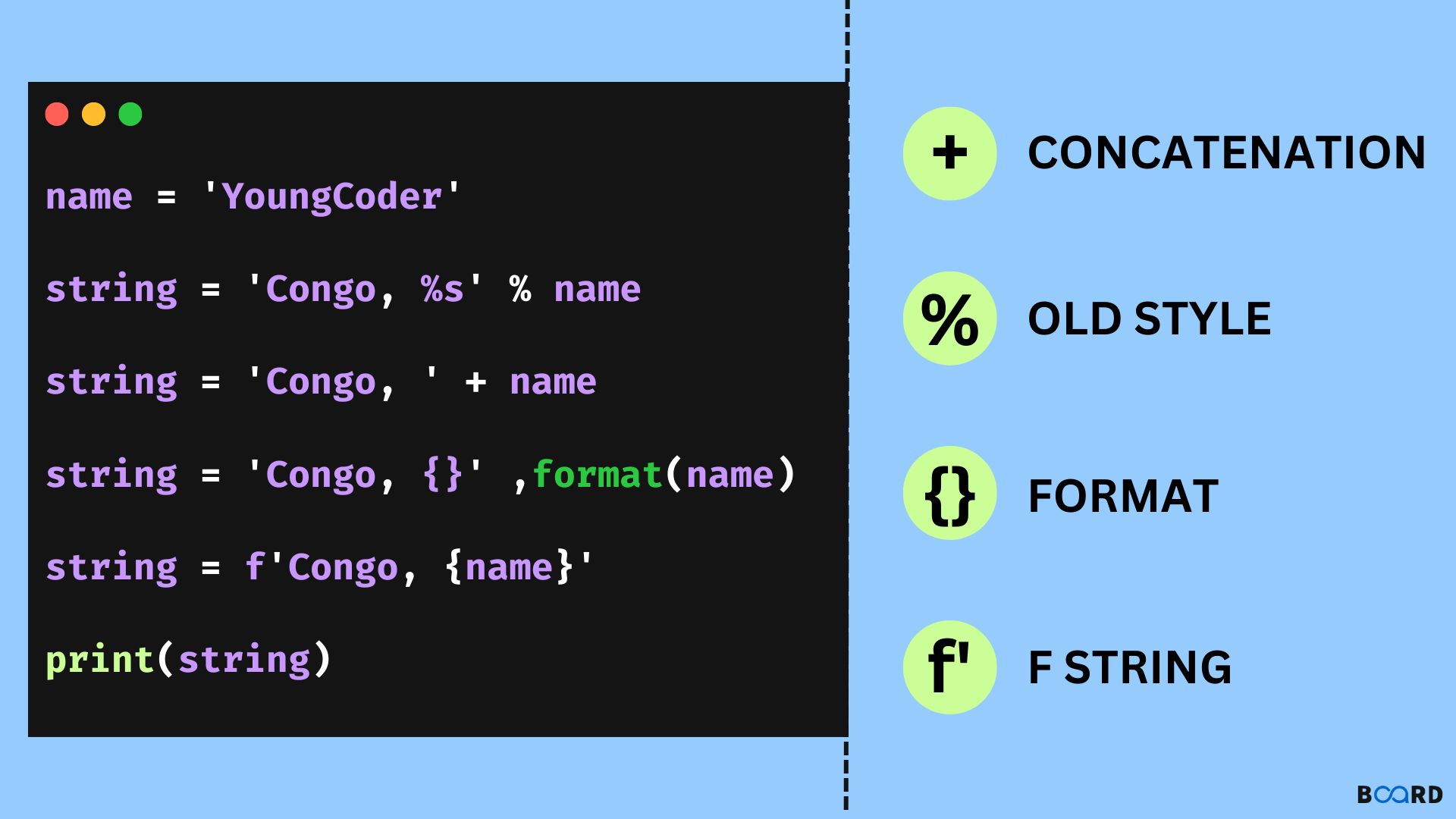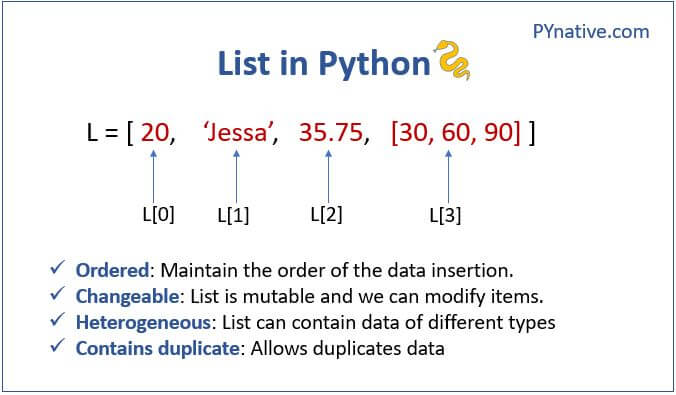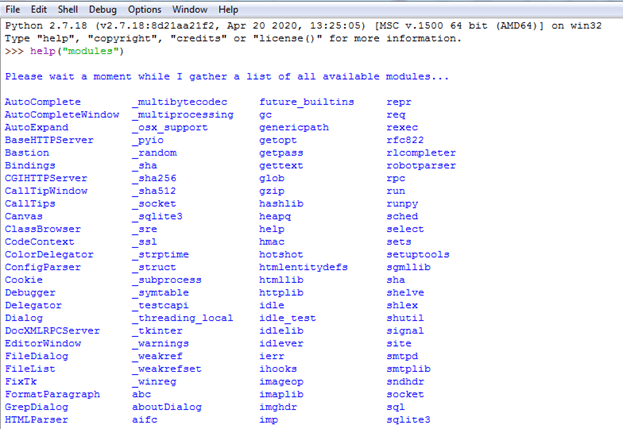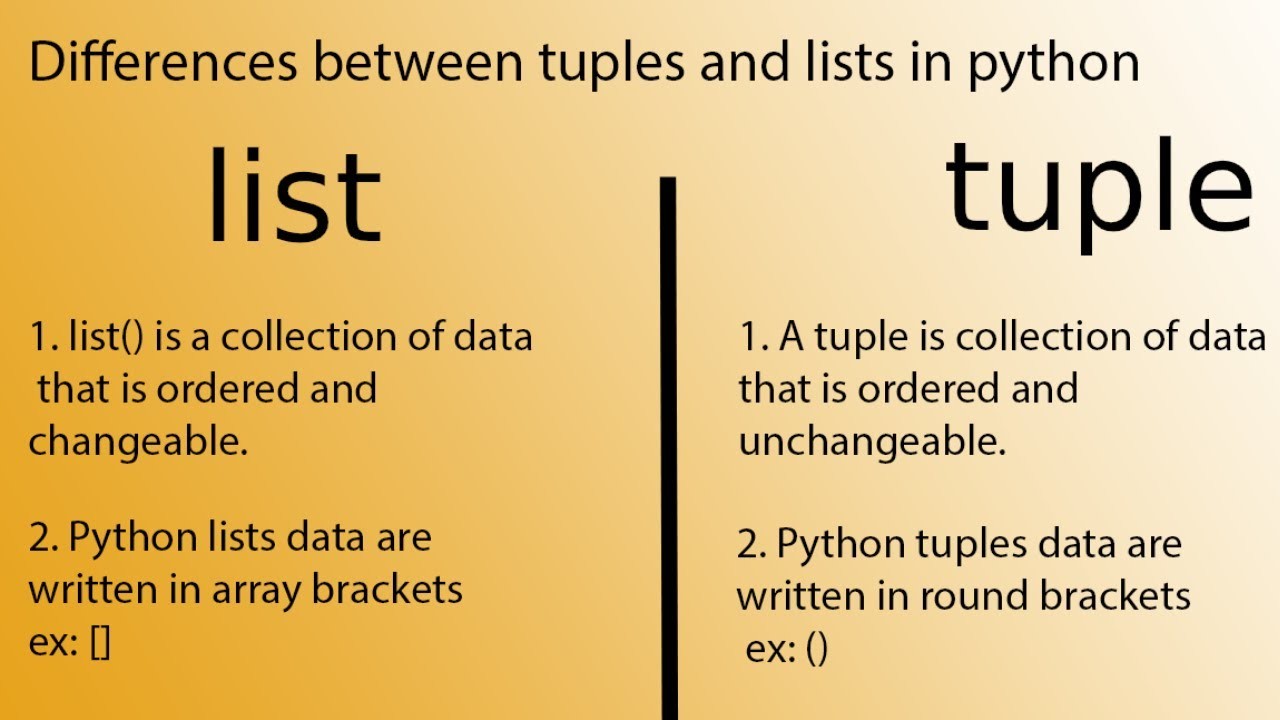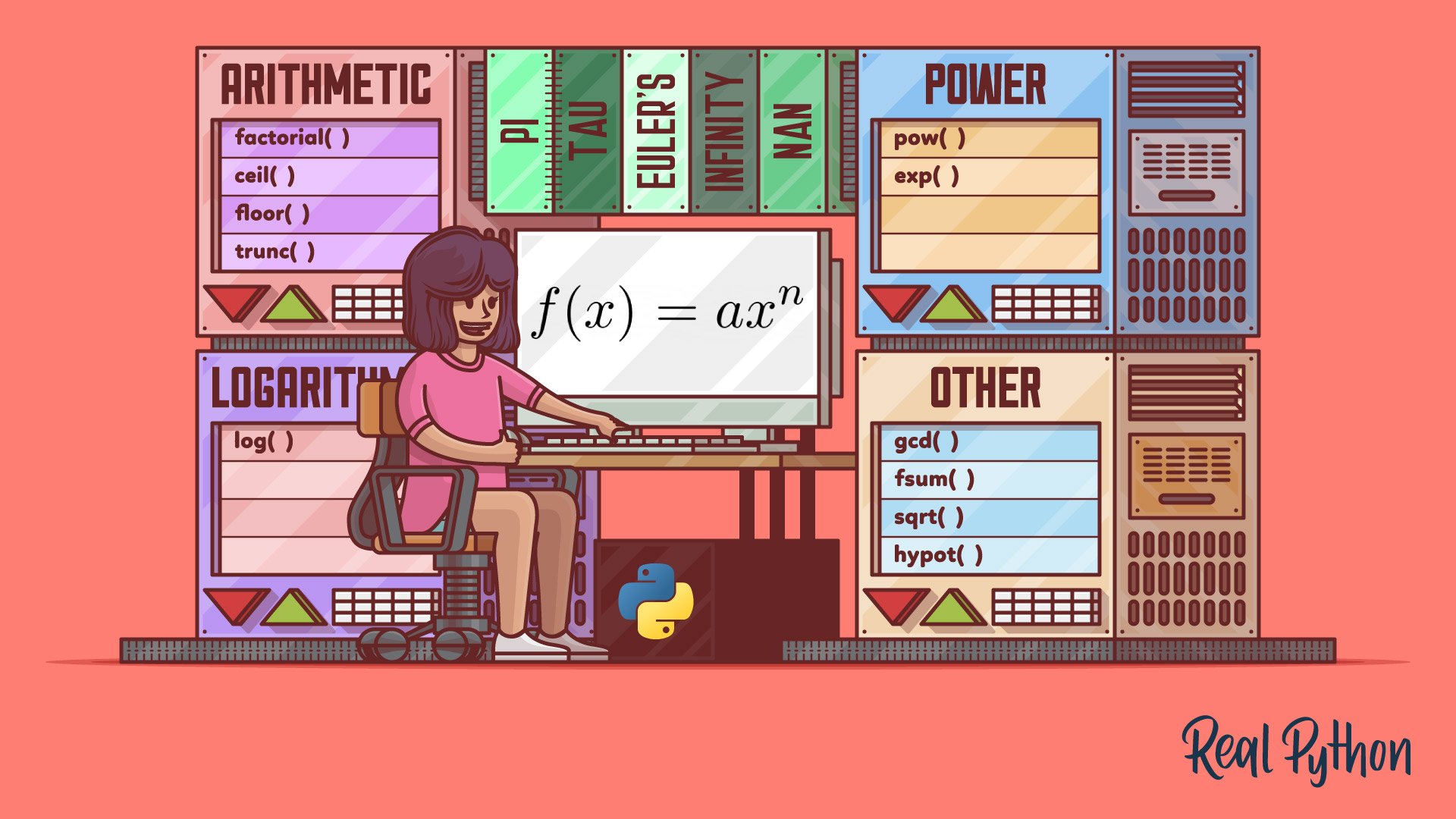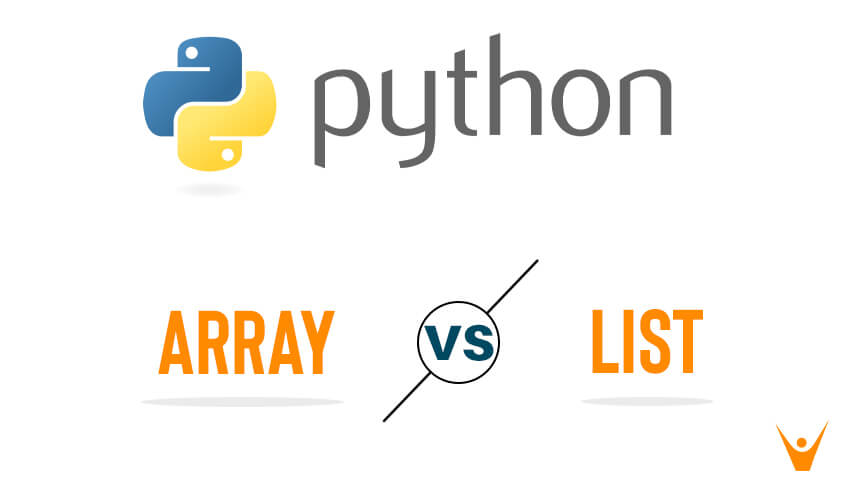How do i practice python after learning for free
How do i practice python after learning for free
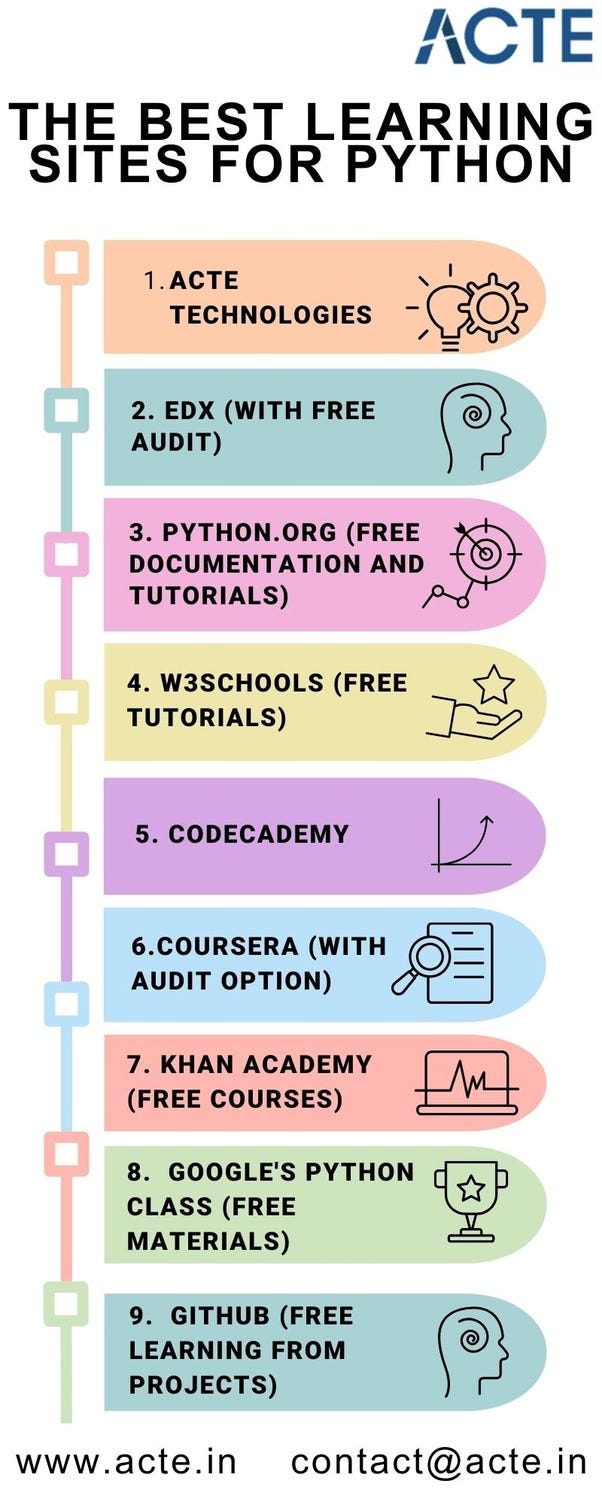
Congratulations on taking the first step to learn Python! With dedication and consistent practice, you can improve your skills without spending a dime. Here are some ways to practice Python for free:
Online Platforms: Codecademy's Python Course: A comprehensive interactive course with exercises and projects. DataCamp's Python Courses: Engage in hands-on learning with real-world data sets. edX's Python courses: Enroll in courses from top institutions like MIT, Harvard, and Stanford. Coding Challenges: LeetCode: Solve algorithmic problems with a focus on data structures, algorithms, and problem-solving. HackerRank: Participate in coding challenges, puzzles, and projects, covering various topics like Python, Data Science, and Web Development. Project Euler: Tackle mathematical and computational programming challenges. Open-source Projects: Contribute to open-source repositories on GitHub or GitLab, such as popular libraries like NumPy or SciPy. Participate in community-driven projects, like the Python-based Zephyr project. Blogs and Tutorials: Follow experienced developers' blogs, such as Matt Makai (Python for Data Analysis) or Real Python. Explore online tutorials, like W3Schools' Python Tutorial or FreeCodeCamp's Python Course. Personal Projects: Start building personal projects that interest you, such as a simple game, a web scraper, or a data visualization tool. Apply your knowledge to solve real-world problems or automate tasks in your daily life. Online Communities: Join online forums like Reddit's r/learnpython, r/Python, and Stack Overflow (Python tag). Engage with the Python community on social media platforms like Twitter and Facebook. Books and eBooks: Access free e-books on Python from websites like Project Gutenberg or ManyBooks. Read free online books, such as "A Byte of Python" or "Python Crash Course." Practice with Real-World Data: Use datasets from Kaggle, UCI Machine Learning Repository, or Quandl to practice data analysis and visualization. Apply your skills to a specific domain, like finance, biology, or linguistics.To get the most out of these resources:
Set aside dedicated time for practicing Python each week. Start with small projects and gradually move on to more complex ones. Share your progress and ask for help when needed in online communities. Experiment and learn from failures – it's an essential part of the programming process.Remember, consistent practice is key. Stay committed, stay curious, and you'll be well on your way to becoming proficient in Python!
How can I practice learning Python?
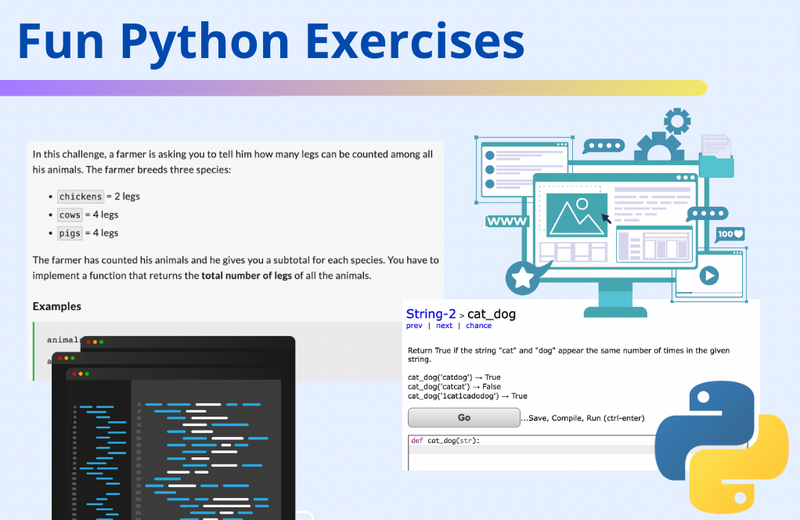
Here are some ways to practice learning Python:
1. Online Platforms:
Codecademy's Python Course (interactive coding environment): https://www.codecademy.com/learn/python DataCamp's Python Course (interactive coding environment): https://www.datacamp.com/courses/intro-to-python LeetCode's Python Problems (practice coding challenges): https://leetcode.com/problemset/all/?topicSlug=python HackerRank's Python Challenges (practice coding challenges): https://www.hackerrank.com/domains/python2. Coding Games and Simulators:
Code Golf (write the shortest code possible to solve a problem): http://codegolf.stackexchange.com/ Project Euler (solve mathematical problems using Python): https://projecteuler.net/ Pyweek (create games with Python): https://www.pyweek.com/3. Books and Tutorials:
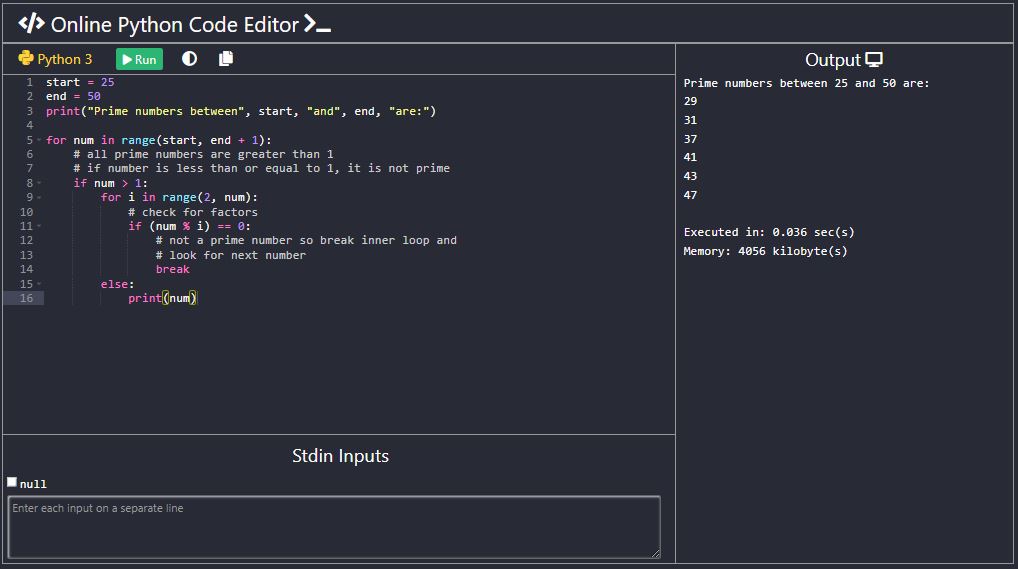
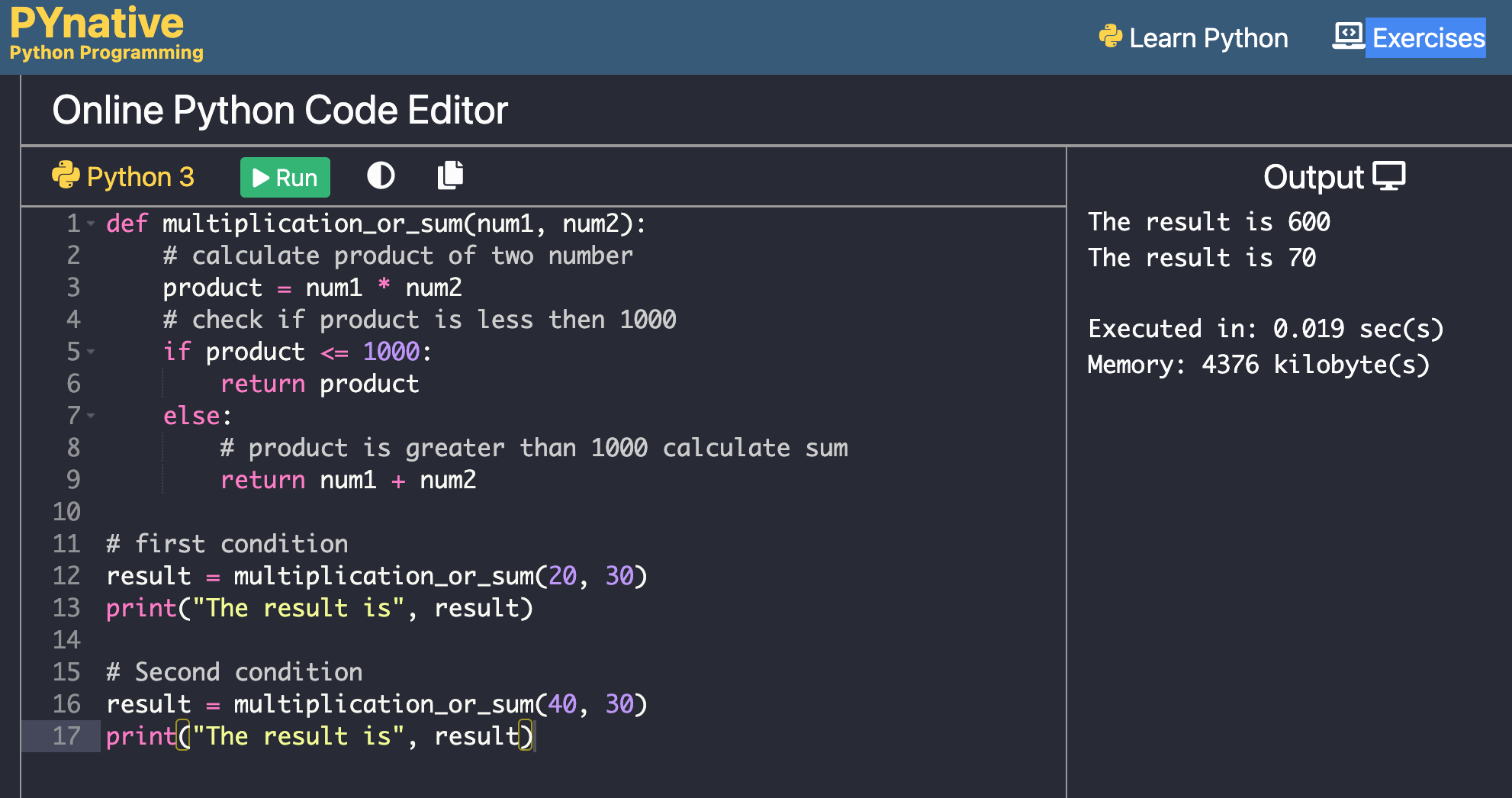
4. Practice with Real-World Projects:
Start a personal project, like building a chatbot or a simple web scraper. Contribute to open-source projects on GitHub or GitLab. Participate in hackathons or coding challenges that align with your interests.5. Find a Mentor or Join Online Communities:
Stack Overflow's Python Community (ask and answer questions): https://stackoverflow.com/questions/tagged/python Reddit's r/learnpython and r/Python communities (join discussions and share resources): https://www.reddit.com/r/learnpython/, https://www.reddit.com/r/Python/ GitHub's Python Community (explore open-source projects and connect with other developers): https://github.com/explore6. Take Online Courses:
Coursera's Python Specialization by University of Michigan edX's Python Course by Microsoft Udemy's Python courses (various topics and levels)Remember, the key to improving is consistent practice! Start with one or two methods and gradually incorporate more as you become more comfortable with the language. Good luck on your Python learning journey!
